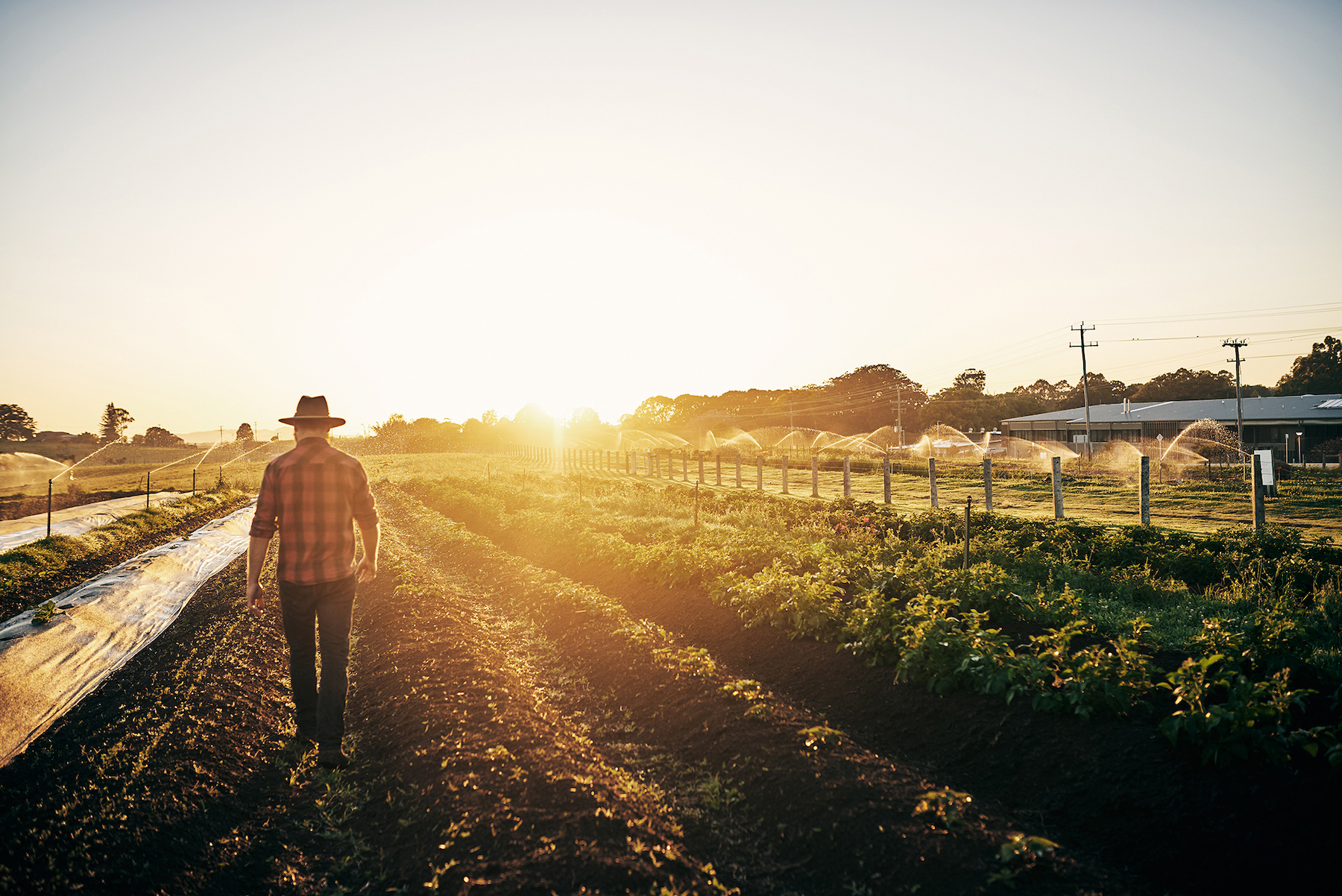
Media Release: Aussies seek homegrown products offering value as we emerge from lockdown
Pricing and provenance fundamental to connecting with consumers in next phase of pandemic
Sydney: 21 May 2020: As Aussies take a breath with the easing of lockdown restrictions, 7 in 10 remain very concerned about economic shocks. Two-thirds are now paying closer attention to pricing and expect a commitment to provenance and local manufacturing, according to the latest domestic Kantar COVID-19 Barometer survey conducted between 23-28 April.
Kantar Australia’s Head of Retail and Shopper James Brown says Aussies are looking forward, but with cautious behaviours driven by economic anxiety that will continue to impact brands.
Sourcing and production will increase in importance as the move to ‘localism’ rises in Australia
Supporting local business was always important but greatly heightened during the bushfire crisis, which in turn has amplified a move towards local sustainability, says Brown.
“67% of Aussies now favour buying locally-produced goods and services with 43% paying more attention to product origin – a 7% increase in sentiment from the end of March. Provenance is even more important to households with children with half (49%) now focussed on purchasing products of homegrown origin.”
“This sentiment extends to manufacturing,” adds Brown. “One-third (36%) of Aussies are wanting brands to consider domestic production capabilities, while a quarter are worried about the safety risk from products shipped from abroad, which again reinforces the value of provenance.”
Easing restrictions brings some signs of confidence but brands must address pricing and safety
Despite 46% of Aussie households experiencing a fall in income during the last month, just 18% expect it to be impacted in the future – a significant drop from 28% a fortnight ago. This increased confidence is likely due to the anticipation of life beyond lockdown and re-opening of more businesses, but 6 in 10 are expecting a slow recovery (up from 54% a month ago).
“This places the value on price as more important than ever,” says Brown. “Two-thirds (64%) of Aussies are paying more attention to prices now (up from 55% in March) meaning brands must be sharply focused on the likely extended period of value-consciousness driven by economic anxiety and concerns of a second outbreak. Pricing, promotional and value-add strategies are critical to brand competitiveness.”
Ensuring the supply of products or services is now the biggest Australian consumer expectation of brands after protecting employees and securing supply lines, adds Brown. “Two-thirds (67%) of us are very or somewhat concerned about a second outbreak reintroducing lockdowns and half (48%) expect brands to have plans to protect their supply chains. We will see a new wave of digital shoppers emerge.”
Half of 18-24-year-olds plan to increase their post-pandemic online purchasing propensity
38% of 18-24-year-old Australians believe online ‘is a better experience than shopping at a store’ with 6 in 10 claiming it’s also ‘more affordable’. But online value is important to all Australians. Half (53%) are driven by better offers and prices, rising to 65% for those aged 25-34. And 47% of us are driven by time efficiencies – even more important for 6 in 10 of those people aged 35-44. One in three Aussies also say they will continue to buy from the online stores they first visited during the crisis.
“Every brand scaling their eCommerce channels will need to ensure their online customer experience, including sustainability credentials, supports their brand,” says Brown.
“The customer experience is key for brands hoping to capitalise on this digital surge with 1 in 3 online shoppers finding the experience less satisfying than visiting a physical store. Value-add strategies will be fundamental to addressing economic anxiety while brands must place a priority on addressing provenance. Made in Australia is a powerful message that will resonate effectively for a long time to come.
Kantar’s COVID-19 Barometer is the world’s most comprehensive study on how COVID-19 is influencing consumers’ behaviours, attitudes and expectations. The full dataset is available on a subscription basis. Find out more here. Australian data was obtained by conducting 500 interviews.

